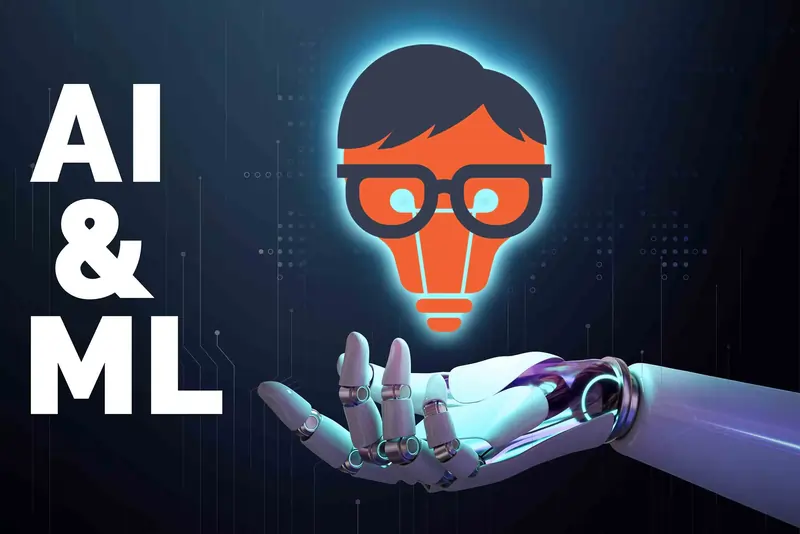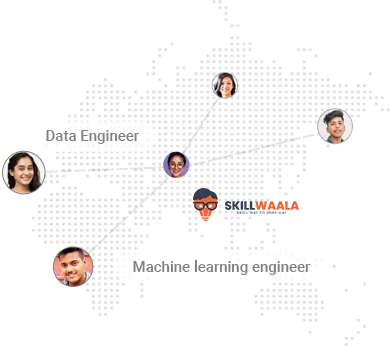
About the AI & ML Course
Artificial Intelligence and Machine Learning are considered the study of theories, standards, methods, and innovations in various domains including mathematics, cognitive science, electronics, and embedded systems to make intelligent systems that resemble human behavior. All of these aspects and those surrounding them are included in the AI & ML course for you to master.
Why Opt For an AI & ML Training Program?
- Master a subject or tool with hands-on projects
- Learn in-demand skills from industry experts
- Develop a deep understanding of key concepts
- Get a career certificate and add this to your LinkedIn profile, resume, or CV
- Career Progression
- Lucrative Salaries
- Individual Growth











